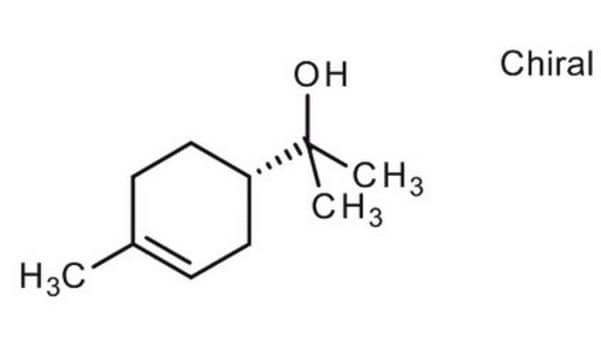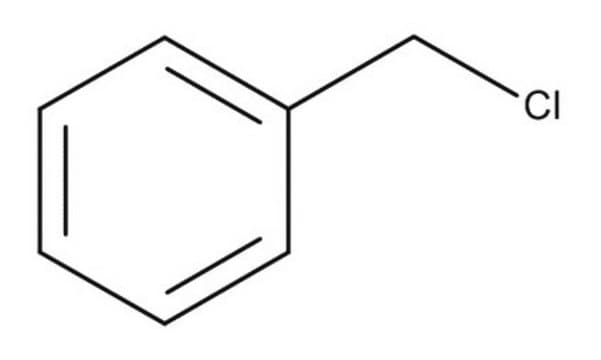8.22322
Phosphorus trichloride
for synthesis
Synonym(s):
Phosphorus trichloride, Phosphorus(III) chloride, Phosphorus chloride
About This Item
Recommended Products
vapor pressure
131 hPa ( 20 °C)
Quality Level
Assay
≥99% (argentometric)
form
liquid
potency
18 mg/kg LD50, oral (Rat)
pH
1 (20 °C, 5 g/L in H2O)
bp
76 °C/1013 hPa
mp
-94 °C
density
1.57 g/cm3 at 20 °C
storage temp.
2-30°C
InChI
1S/Cl3P/c1-4(2)3
InChI key
FAIAAWCVCHQXDN-UHFFFAOYSA-N
General description
Application
- A chlorinating agent for the alcohols, aldehydes, ketones, and carboxylic acids.
- A reagent to convert alcohols, diols, and phenols to phosphites.
- A reducing agent to reduce sulfoxides, amine N-oxides, and hydroxy amides to corresponding sulfides, amines, and amides.
It can also be used as a reagent to synthesize:
- Phosphaindolizines and thiazolodiazaphospholes by reacting with quaternary ammonium salts.
- Phosphorus-containing ligand molecules via the introduction of the phosphorus atom.
- Benzidronate by treating with phenylacetic acid and phosphorous acid in methanesulfonic acid, followed by hydrolysis.
Analysis Note
Signal Word
Danger
Hazard Statements
Precautionary Statements
Hazard Classifications
Acute Tox. 2 Inhalation - Acute Tox. 2 Oral - Eye Dam. 1 - Skin Corr. 1A - STOT RE 2 Inhalation
Target Organs
Respiratory Tract
Supplementary Hazards
Storage Class Code
6.1B - Non-combustible, acute toxic Cat. 1 and 2 / very toxic hazardous materials
WGK
WGK 1
Flash Point(F)
Not applicable
Flash Point(C)
Not applicable
Regulatory Listings
Regulatory Listings are mainly provided for chemical products. Only limited information can be provided here for non-chemical products. No entry means none of the components are listed. It is the user’s obligation to ensure the safe and legal use of the product.
PDSCL
Poisonous substance
ISHL Indicated Name
Substances Subject to be Indicated Names
ISHL Notified Names
Substances Subject to be Notified Names
Certificates of Analysis (COA)
Search for Certificates of Analysis (COA) by entering the products Lot/Batch Number. Lot and Batch Numbers can be found on a product’s label following the words ‘Lot’ or ‘Batch’.
Already Own This Product?
Find documentation for the products that you have recently purchased in the Document Library.
Customers Also Viewed
Our team of scientists has experience in all areas of research including Life Science, Material Science, Chemical Synthesis, Chromatography, Analytical and many others.
Contact Technical Service















